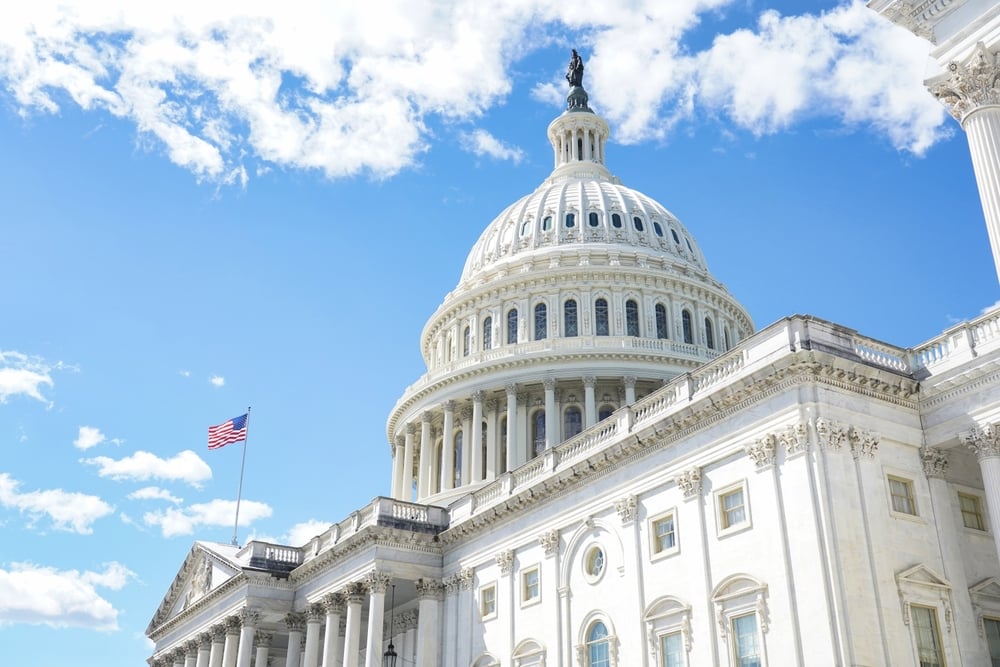Publisher: Maaal International Media Company
License: 465734
Moody’s Downgrades US Credit Rating, Changes Outlook to Stable
Moody’s cut the United States’ credit rating by one notch on Friday to “Aa1” from “Aaa,” citing the government’s fiscal burden amid rising interest rates.
According to CNBC, the credit rating agency said in a statement: “This one-notch downgrade on our 21-notch credit rating scale reflects more than a decade of increases in government debt ratios and interest payments, reaching levels well above those of similarly rated countries.”
The United States is running a massive budget deficit, with interest costs on U.S. Treasury debt continuing to rise as a result of rising interest rates and increased debt. The total fiscal deficit has reached $1.05 trillion to date, a 13% increase from last year. However, the tariff increase last month helped ease some of the imbalances. The yield on the benchmark 10-year US Treasury note rose 3 basis points in after-hours trading, trading at 4.48%.
اقرأ المزيد
Moody’s said, “Successive US administrations and Congress have failed to agree on measures to reverse large annual fiscal deficits and rising interest costs.”
It added, “We do not believe that the current fiscal proposals under consideration will lead to substantial multi-year reductions in mandated spending and deficits.”
The US is running a massive budget deficit, with interest costs on US Treasury debt continuing to rise as a result of rising interest rates and increased debt maturities.
The total fiscal deficit has reached $1.05 trillion to date, a 13% increase from last year. However, the tariff increase last month helped ease some of the imbalance.
Moody’s declined to maintain the highest possible credit rating on US sovereign debt, bringing the 116-year-old US debt back on par with its competitors. Standard & Poor’s downgraded the United States from AAA to AA+ in August 2011, and Fitch downgraded the United States from AAA to AA+ in August 2023.
This news came as the Republican-led House Budget Committee on Friday rejected a comprehensive package of President Donald Trump’s agenda, which includes an extension of the 2017 tax cuts.
Moody’s said: “Successive U.S. administrations and Congress have failed to agree on measures to reverse large annual fiscal deficits and rising interest costs.” It added: “We do not believe the current fiscal proposals under consideration will result in substantial multi-year reductions in mandated spending and the deficit.”









